Safe Food Storage
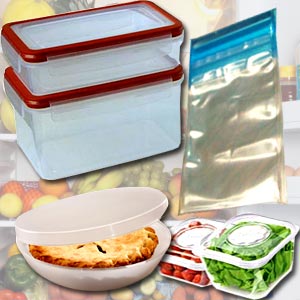
Whether you live to eat or eat to live, eating good food, safe food is an integral part of healthy living. And, food storage plays an important role in ensuring consumption of edible food, its nutritious value duly retained. This article provides you tips on food storage, which can help you to reduce and restrict the risks of food poisoning. These safe food storage tips in home help to kill bacteria, moulds and parasites, stops them multiplying and stops further transfer or spread. Ensure your food is nutritious, clean and fresh in all respects. Reduce wastage of food and realize value for money by using the right food storage container.
Importance of food storage
Improper food storage is detrimental to maintaining a good health regime. Proper food storage does not contribute to improving the quality of food but prevents quality deterioration. Proper temperature is vital to safe food storage as well as retaining its fresh appearance, pleasant aroma and texture.
- Preserving food quality including retention of natural nutrition, flavor and texture
- Preventing spoilage thereby reducing wastage
- Ensures food safety. Prevents food-borne illnesses.
- Categorize food items into raw, cooked or convenience foods.
- Use appropriate containers – tin, plastic or wraps.
Safe food storage
- Use containers with covers for safe food storage.
- Do not store food directly on the floor.
- Keep the food storage area clean and dry.
- Select storage places that are not prone to temperature build-up
- Opt for aluminum foil, plastic wrap or bags, glass or plastic containers for storing food items cooked or raw.
- Use food storage containers only for their specific use.
- Empty opened packs of sugar, dried fruits and nuts into screw-top jars or airtight cans to protect them from pests.
- Never use containers not meant for food storage.
- Keep raw foods away from ready-to-eat foods
- Store raw food below cooked food.
- Do not store food near cleaning products or other chemicals
- Certain foods if opened may need to be refrigerated.
- Follow instructions such as ‘once opened, refrigerate' or ‘once-opened, consume within 3 days'
- Do not refrigerate foods such as rice, pasta and flour, tinned foods and unopened jars unless specifically mentioned
- It is unsafe to store food in plastic containers that are not intended for that purpose.
- Store cooked leftovers with care so that they are safe to eat later.
Food storage container
With a wide assortment of food storage containers to choose from, it can be quite a task to choose ones that are convenient and safe. Choose containers that keep food fresh and tasty. Be it cookies and cereal or nuts and spices, the right food storage container can go a long way in retaining its freshness and flavor.
- Labeling food storage containers makes for easier handling.
- Not all food storage containers can be safely used for storing or reheating.
- Containers made of glass, ceramic or porcelain are safer when compared to plastic or polystyrene containers.
- Choose flexible bags or freezer wraps to prevent color, texture and flavor changes.
- Food storage containers made of moisture-vapor-resistant material that is durable, odorless and easy to clean are the best bet.
Top of the Page: Safe Food Storage
Tags:#food storage #food storage container #safe food storage
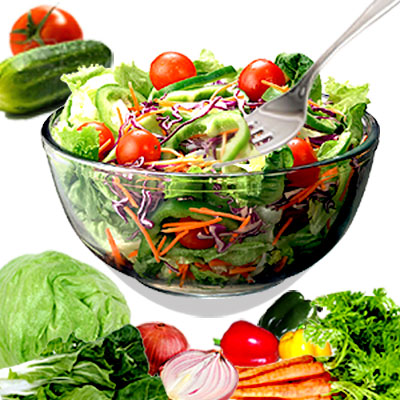 Food and Nutrition Facts
Food and Nutrition Facts Chamomile
Parsnip Soup
Dim Sum
Gazpacho Soup
Whole Grain Cereal
Jicama Nutrition
Bok Choy Stir Fry
Chia Seeds Benefits
Teff Nutrition
Kaniwa
Flax Seed
Wheatgrass Benefits
Kelp Benefits
Types of Chili Peppers
Medicinal Benefits of Pomegranate
Arugula Leaves
Maca Root
Pitaya Fruit
Benefits of Celery
Leek
Asparagus Benefits
Oyster Stew
Oyster Mushroom
Lupin Beans
Quinoa
Freekeh
Extra Virgin Olive Oil
Dill Pickle
Sauerkraut
Fat Burning Foods
Nutrition Chart
Food Combining
Calorie Counter
calories ...
Non Alcoholic Beverage
Punch Recipes
Food Label Nutrition
Homemade Sausages
Cooking Steak
Eating on a Budget
Budget Friendly Recipes
Quick Recipes
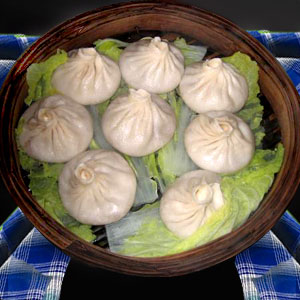 Healthy Packed Lunch
Healthy Packed Lunch Overnight Oats Recipes
Eggplant Casserole
Brunch Recipes
Burrito Recipes
Muffin Recipes
Cupcake Frosting
Apple Crisp
Stir Fry Cooking
Seafood Salad Recipe
Cooking Corn on the Cob
Finger Food Recipe
Sandwich Recipe
Bread Stuffing Recipes
Easy Chili Recipes
Picnic Recipes
Edible Mushroom Recipes
Mushroom Soup Recipes
Dip Recipe
Tapas Recipe
Corned Beef Recipe
Canned Salmon Recipe
Tilapia Recipes
Crumb Cake
Flourless Chocolate Cake
Regional Food
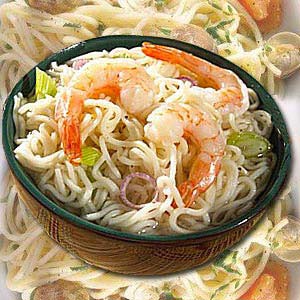 Lasagna Recipe
Lasagna Recipe Peruvian Ceviche
Chinese Food Recipe
Vietnamese Food Recipe
Malaysian Food
Korean Food Recipe
Indian Curry Recipe
Edible Rice Paper
Mexican Food Recipe
Quesadilla
Guacamole Dip
Italian Food Recipe
Spanish Food Recipe
Kosher Food
Falafel Recipe
Tandoori Chicken
Noodles
Canape
Couscous
Meatloaf
Chowder
Gumbo Recipe
Crockpot Recipes
Moroccan Food
Healthy Food
Pre Workout Snack
Matcha Tea
Simple food Swaps to Lose Weight
Foods to Beat Stress
Foods to beat Insomnia
Bone Density Foods
Prebiotic Foods
Kefir Grains
Agave Nectar
Spicy Trail Mix
Pesto Sauce
Homemade Hummus
Crab Cake Sauce
Bamboo Shoots Nutrition
Lemon Grass Plant
Butter Beans Recipes
Loose Green Tea
Seaweed Nutrition
Healthy Food
Low Fat Granola Bar
Steel Cut Oatmeal
Fruit Pizza
Pizza Toppings
Green Smoothie
Healthy Meal Planning
Delicious Mealtime Recipes
Heart Healthy Fats
Healthy Heart Recipe
Healthy Dinner Recipe
Healthy Dessert Recipe
Healthy Fast Food
Healthy Kid Recipe
Probiotic Food
Diabetic Friendly Foods
Fruit Salad Recipe
Bread Pudding
Tofu Recipe
Oat Bran
Broccoli Salad
Avocado Recipe
Iron Rich Food
Brain Foods
Antioxidant Food
Natural Diuretic
Low Fat Cooking Tips
Rice Pilaf Recipe
Low fat Chicken Recipe
Food Tips
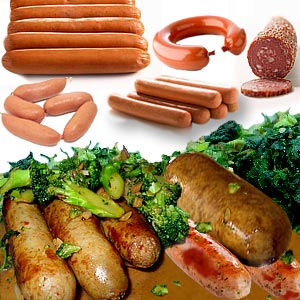
Sous Vide Cooking Technique
Natural Sugar Substitute
Stevia Sugar Substitute
Sunflower Seeds Nutrition
Bouquet Garni
Cake Decorating Tips
High Satiety Foods
Thanksgiving Dinner
Safe Food Storage
Frozen Food Storage Tips
Cold Storage Food Tips
Leftover Recipe
Food Pyramid
Dairy Free Food
Microwave Cooking
Food Intolerance
Homemade Ice Cream
Apple Cider Vinegar
Benefits of Honey
Beverage Cooler
Food Poisoning Symptom
Food Allergy Symptom
Food Addiction
Top of the Page: Safe Food Storage
Popularity Index: 101,047

